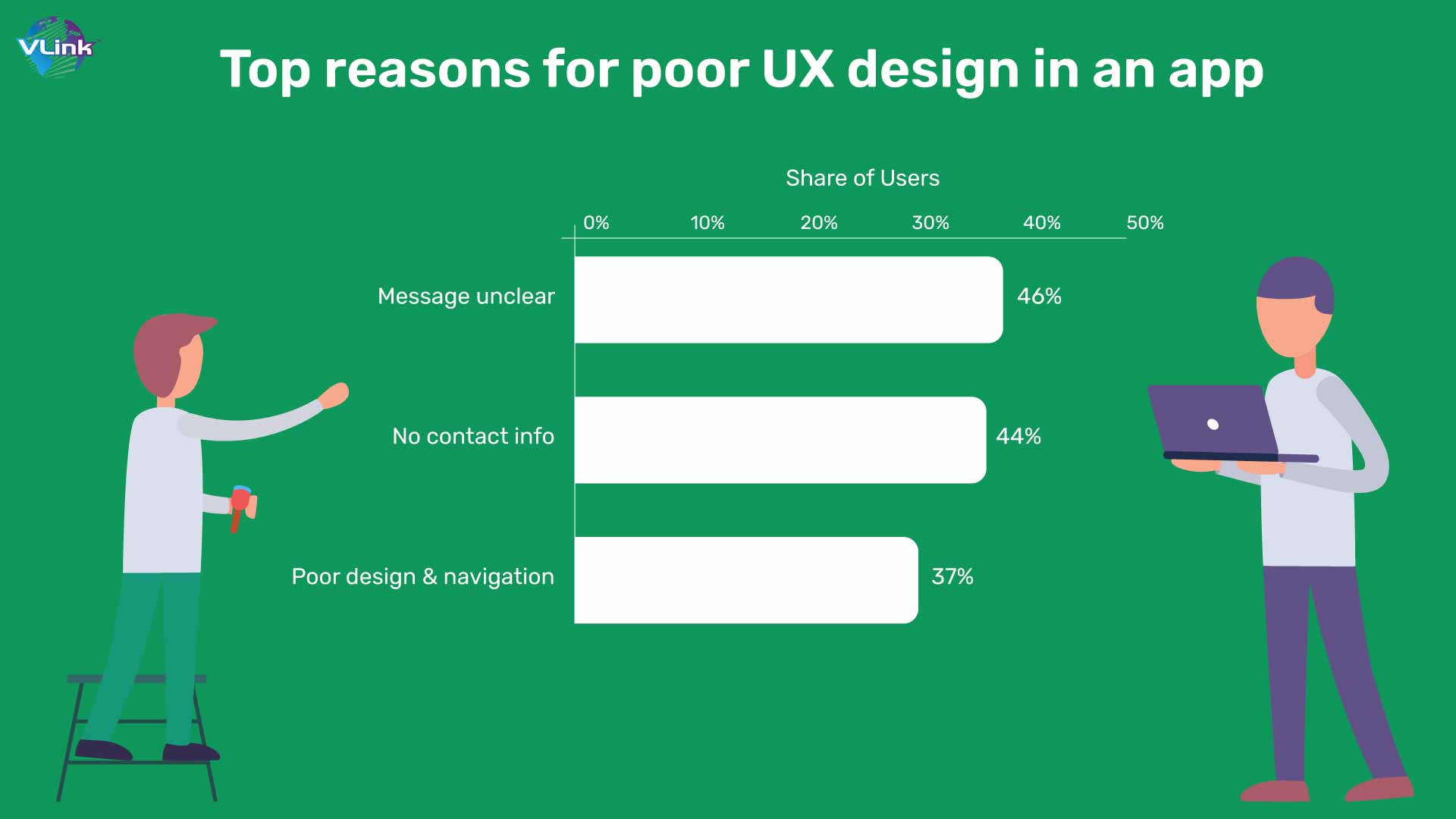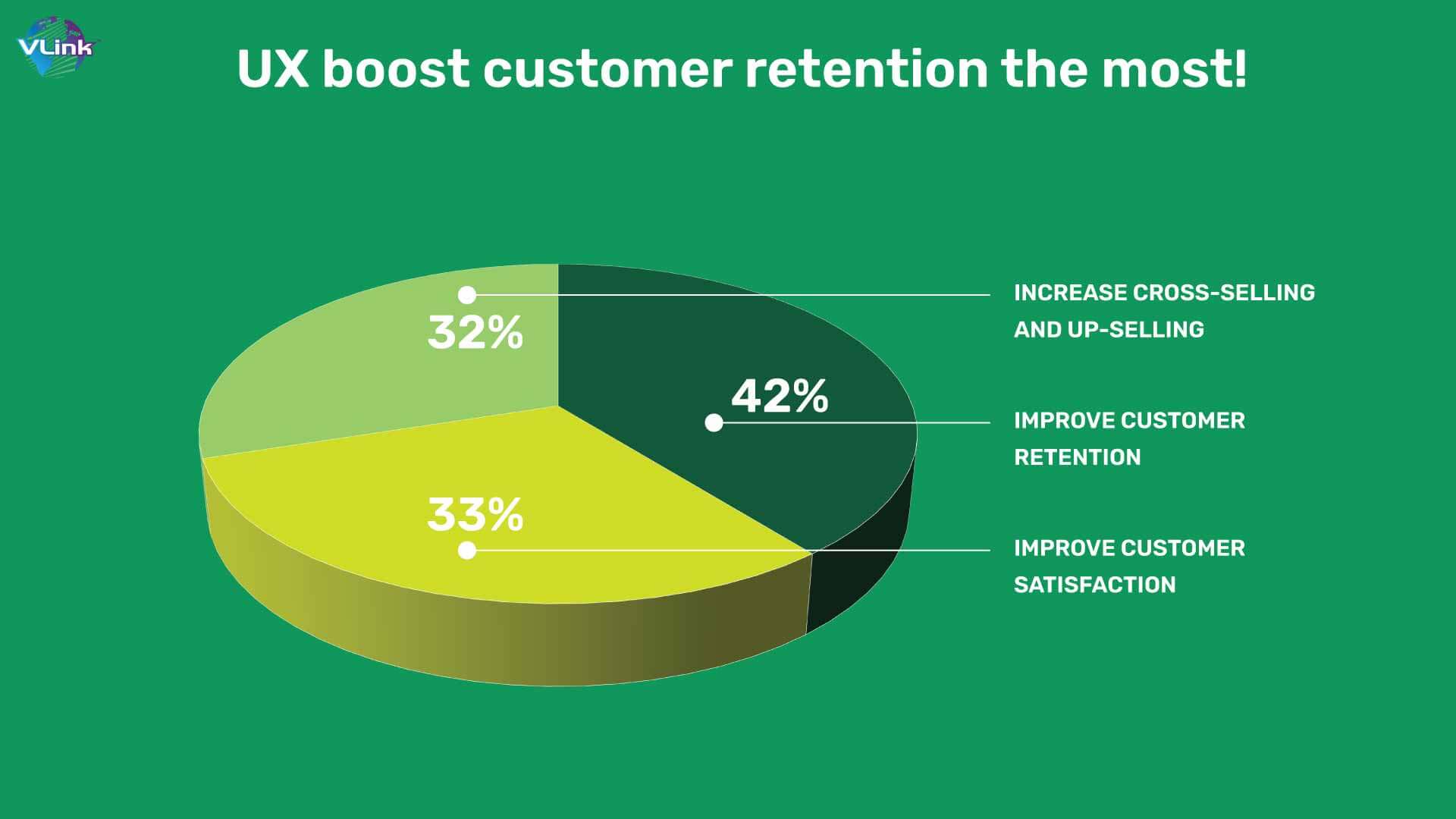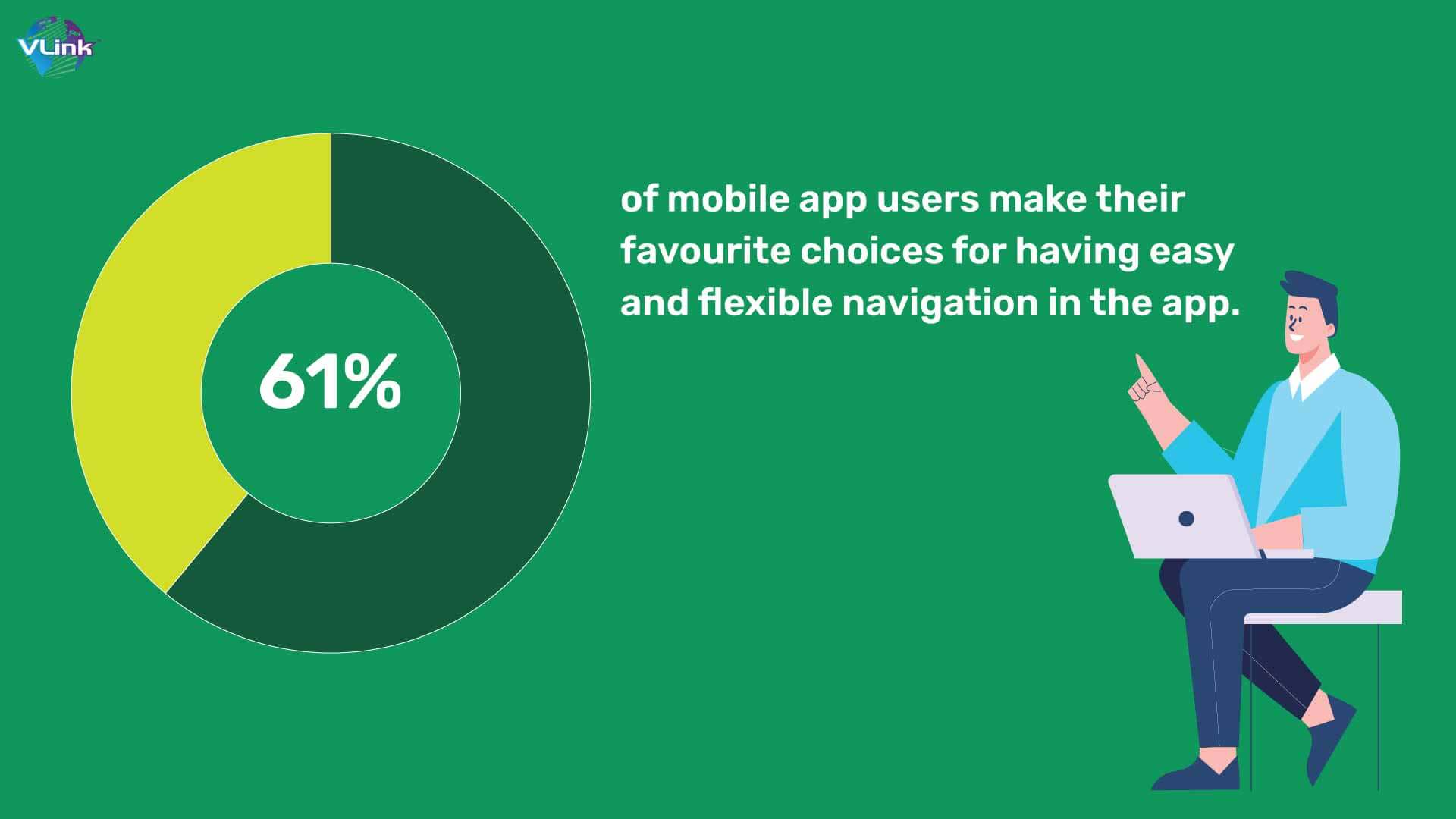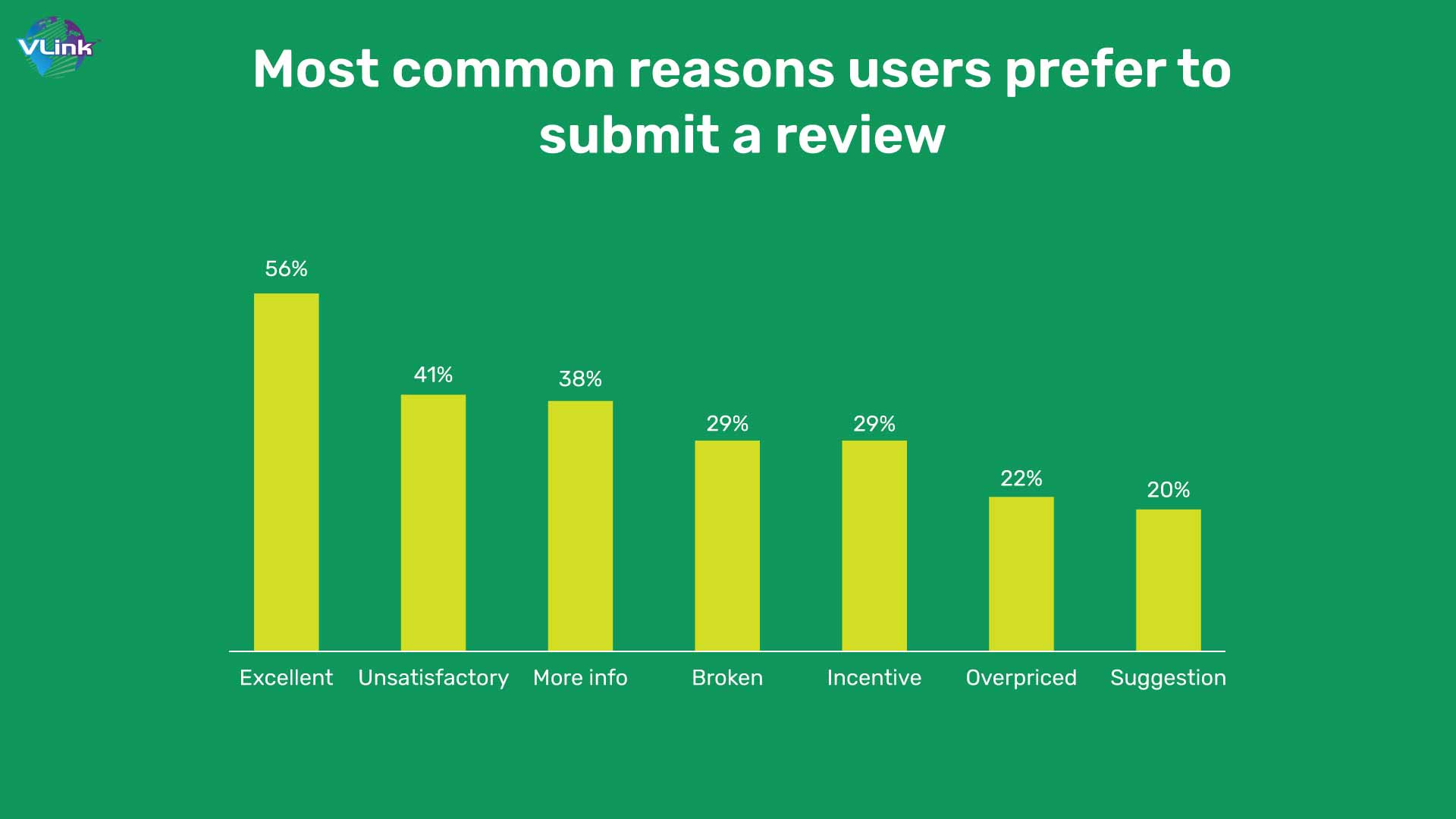Customers can place orders, make bookings, and access other features and details relevant to a restaurant using a mobile application known as a restaurant app. These applications may be used on a range of gadgets, such as smartphones and tablets.
Recent research indicate that industry is progressively moving toward mobile app development technologies. Therefore, it is anticipated that by 2025, mobile devices will be used to accomplish 70% of all transactions, purchases, and orders.
The fact that the Millennial generation actively engages with the outside world through a pocket device is linked to this phenomenon. Therefore, they will set the fashion for the next decades.
 In this blog, we will delve into the strategies and considerations that can help you create a compelling user experience in your restaurant app to gain more customers.
In this blog, we will delve into the strategies and considerations that can help you create a compelling user experience in your restaurant app to gain more customers.
Why user experience is important in a restaurant mobile application?
A user-friendly UI/UX design approach is required to keep the viewers' attention and maximize the number of visits. Restaurant apps with a solid UI/UX-based architecture have higher conversion rates, get more repeat business, and earn more income.
Helps to win customers’ loyalty: Aesthetic and intuitive solutions aid in creating a good user experience. The trust-building element increases the volume of visits to restaurant websites and transforms it into repeat business.  Optimizing resources, development time, and costs: Managing a user-focused strategy leads to significant time, resource, and financial savings when usability concerns are addressed early in the development process.
Optimizing resources, development time, and costs: Managing a user-focused strategy leads to significant time, resource, and financial savings when usability concerns are addressed early in the development process.
Boosting revenue & conversions: improved calls to action, more logical user experiences, and better plan interactions all contribute to increased conversion rates and more revenue growth. To maximize user reactions and continually improve the user experience, it is important to create a precise software testing strategy, especially for A/B testing.
Standing out with clear UX: A good user experience may be a crucial distinction in a competitive restaurant market. Your website or application may help you stand out from the competition if it's simple to use, has all the information you need, and looks good.
Tips to craft user experience in a restaurant application
Before we dive into the intricacies of crafting an exceptional user experience in a restaurant app, it's crucial to grasp why UX holds such importance. While UI works as an interface, UX works as a connection between human touch and interface.
User experience directly impacts customer satisfaction, engagement, and ultimately, business growth. In the realm of restaurants, where customers are making significant life decisions, a positive UX can make all the difference.
The next step in crafting a user experience tailored to your restaurant app is understanding your target audience. Different customers have different needs and preferences when it comes to dining place searches. By conducting thorough research and segmentation, you can identify their pain points and expectations, ultimately allowing you to create a more personalized experience.
A cluttered and confusing app interface can be a major turn-off for users. To enhance the user experience, ensure that your app has an intuitive and straightforward navigation system. Users should be able to effortlessly find restaurants listings, filter their searches, and access additional information. Hiring a dedicated UI/UX developer will be a great option to integrate these features. 
How you present restaurant listings is critical. High-quality images, comprehensive descriptions, virtual tours, and even 3D walkthroughs can significantly enhance the user experience. Make sure that users can easily view and compare restaurant details.
Restaurant seekers often have specific criteria in mind, such as location, price range, restaurant type, and more. By incorporating advanced search filters, your app can help users narrow down their options quickly, providing a more efficient and satisfying experience.
Personalization is key to making users feel valued and understood. Consider offering personalized restaurant recommendations based on users' search history and preferences. Tailored notifications and alerts can also keep users engaged.
Incorporating user reviews and ratings for properties and agents can build trust and credibility. Genuine feedback from previous buyers or renters can greatly influence a user's decision-making process. 
Make it easy for users to get in touch with restaurant managers or restaurant owners directly through the app. Ensure that contact forms are straightforward, and response times are swift.
For many users, the financial aspect is a critical part of the restaurant search process. Integrating estimate calculators and financial tools can help users assess affordability and plan their visits as well as restaurant bookings better.
![]() Your app should function seamlessly across various devices and screen sizes. Many users browse for properties on mobile devices, so mobile responsiveness is crucial.
Your app should function seamlessly across various devices and screen sizes. Many users browse for properties on mobile devices, so mobile responsiveness is crucial.
Frequent updates and fresh listings keep users coming back to your app. Stale listings can deter potential customers.
Lastly, regularly monitor user feedback and app performance. Identify areas for improvement and take proactive measures to ensure a consistently excellent user experience.
VLink can help in integrating impressive UI/UX in you restaurant app
In conclusion, crafting a user-friendly restaurant app is pivotal in attracting and retaining customers in the competitive restaurant market. By focusing on user experience and implementing the strategies mentioned above, you can create an app that not only helps users find their dream properties but also makes them loyal customers.
Remember, a satisfied user is more likely to become a returning customer and refer your app to others. To gain an edge in the restaurant industry, invest in crafting an exceptional user experience, and watch as more customers flock to your app, driving the success of your restaurant business.
Consider VLink if you're seeking for a restaurant solution that puts the user experience first. With options like automatic SEO and simple listing administration, our platform is made to offer a smooth experience for restaurant brokers and their clients. To find out more, call us right away. Your app should function seamlessly across various devices and screen sizes. Many users browse for properties on mobile devices, so mobile responsiveness is crucial.
12- Regularly Updating and Expanding Listings
Frequent updates and fresh listings keep users coming back to your app. Stale listings can deter potential customers.
13- Monitoring and Continuous Improvement
Lastly, regularly monitor user feedback and app performance. Identify areas for improvement and take proactive measures to ensure a consistently excellent user experience. 
How VLink can help in integrating impressive UI/UX in you restaurant app
In conclusion, crafting a user-friendly restaurant app is pivotal in attracting and retaining customers in the competitive restaurant market. By focusing on user experience and implementing the strategies mentioned above, you can create an app that not only helps users find their dream properties but also makes them loyal customers.
Remember, a satisfied user is more likely to become a returning customer and refer your app to others. To gain an edge in the restaurant industry, invest in crafting an exceptional user experience, and watch as more customers flock to your app, driving the success of your restaurant business.
Consider VLink if you're looking for a restaurant solution that puts the user experience first. With options like automatic SEO and simple listing administration, our platform is made to offer a smooth experience for restaurant brokers and their clients. To find out more, Contact us.
Frequently Asked Questions
Making the whole customer journey pleasant and effective is the focus of UX initiatives. This starts with emphasizing the solution's value so that it is evident what features and advantages the product can provide for both present and future customers—and that the value proposition is obviously appealing to the target market.
As it actually makes digital things more usable, good UX may increase product quality. However, it can also increase customer happiness, long-term engagement, staff productivity, brand loyalty, speed to market, conversion metrics, brand equity, and (of course) income.
You must have a thorough understanding of your consumers' demands, motivations, capabilities, and constraints to provide a positive user experience. The goal is to understand the user's needs to develop a solution that is simple to use and enhances workflow.






